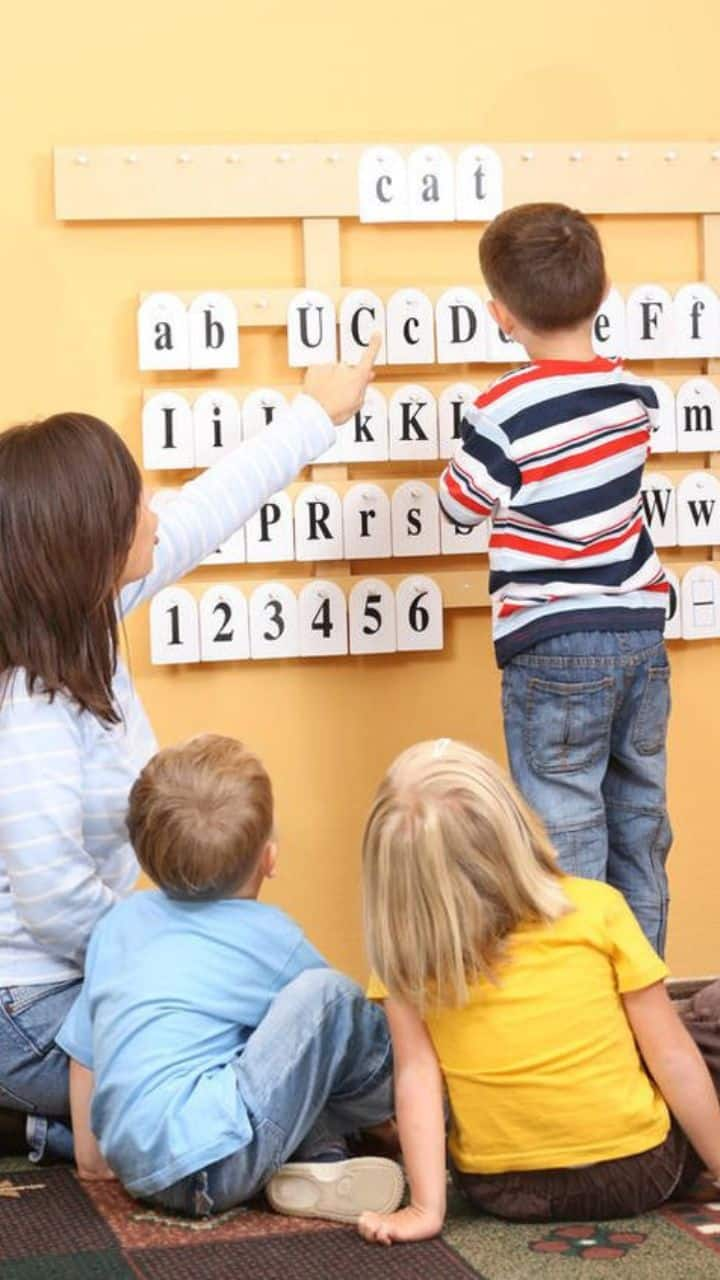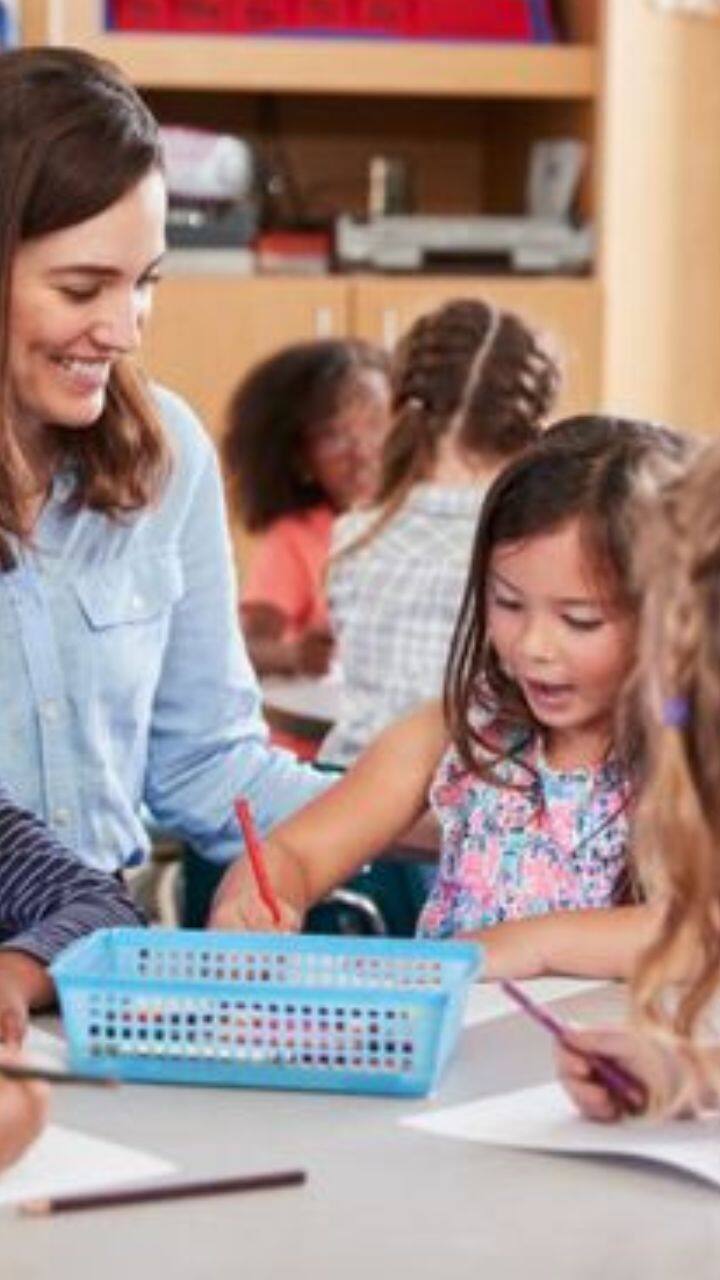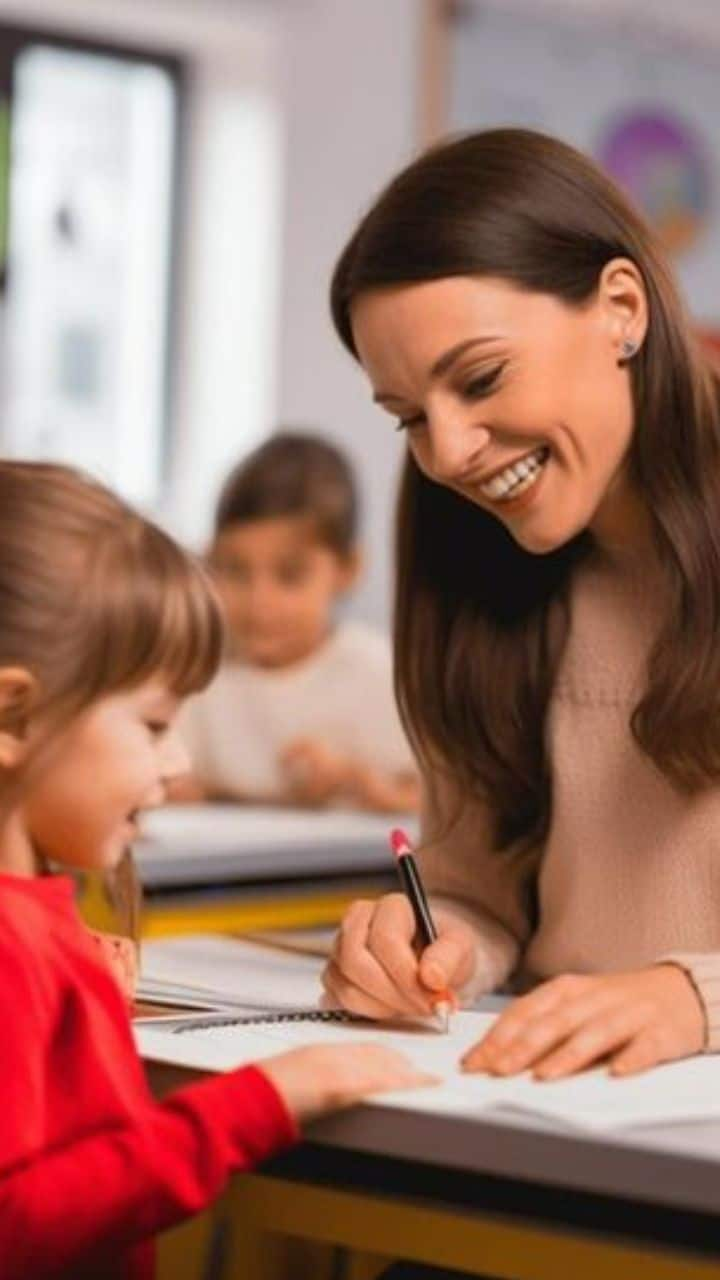
Tips For Kids To Memorise Effectively And Study Efficiently


Use spaced repetition for long term retention
Spaced repetition is a technique that improves memory by reviewing material at longer intervals over time, utilizing the "spacing effect," making it a crucial tool for students.

Adding multiple senses into learning
Multimodal learning enhances understanding and retention in children by combining visual aids with auditory elements, thereby strengthening neural connections and facilitating later information recall.

Sleeping is important for kids to increase their memory
Memory consolidation involves converting short-term memories into long-term ones, and good sleep is crucial for effective retention and cognitive function in children.

Set personal learning targets
Setting clear, attainable learning objectives boosts children's motivation and concentration, allowing them to track progress and feel achievement, leading to better academic results.

Make learning active and engaging
Active engagement in education, such as hands-on activities like creating flashcards or teaching others, improves comprehension and retention of concepts, with 90% retention compared to passive reading.

Take regular breaks to avoid fatigue
Frequent breaks during study are important because the brain requires time to rest and process new information.

Add multiple senses into learning
Combining visual and auditory elements strengthens neural connections and makes it easier for children to recall information later on in life through multimodal learning.
